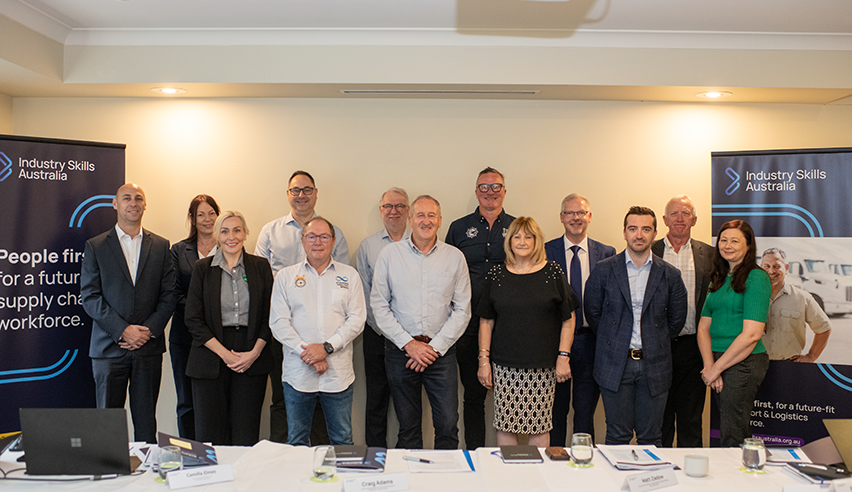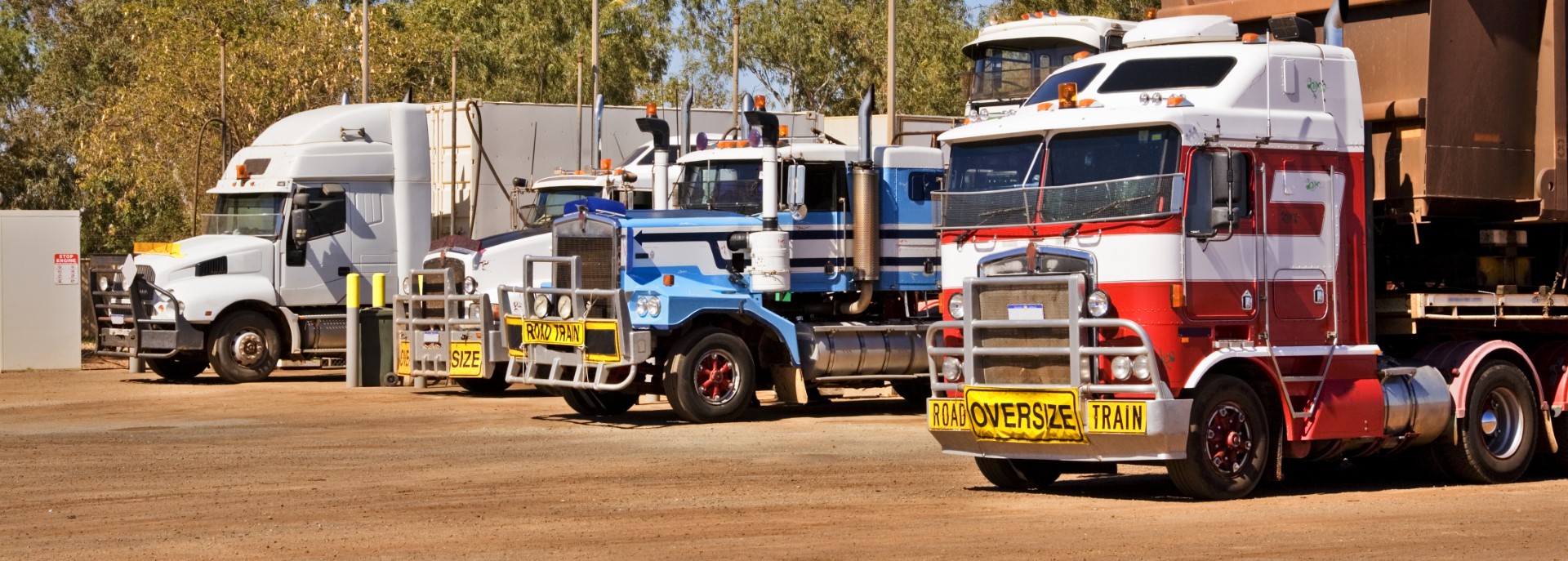workforce growth to 2029
Source left-right: Enterprises; ABS Counts of Australian Businesses, Online Vacancies; JSA - Internet Vacancy Index, Qualification Enrolments; NCVER, RTO's; training.gov.au, Workforce Growth; IBISWorld Industry Wizard.
The Transport and Logistics industry is an essential part of the Australian economy, which was highlighted through the COVID pandemic. Transport and logistics cover the production, storage, inventory, delivery, and distribution of specific goods or services.
The industry provides delivery of passengers, vital goods and services throughout Australia and includes road transportation, Logistics, warehousing and stevedoring. New technology is shaping the industry, including the use of automated and semi-automated vehicles, equipment and systems.
There are a number of current skill challenges across all sectors in the transport and logistics industry, including the ever-increasing average age of heavy vehicle operators, driver shortages, and rising fuel prices are all huge challenges for the industry.
It is estimated the industry employs over 640,000 people across its major subsectors: road transport; logistics; warehousing; and stevedoring, with a gender distribution of 21% female and 79% male. There are approximately 190,681 enterprises in the industry with 98.5% being small business.
Transport and Logistics Training Package
The Australian Vocational Education and Training (VET) system aims to provide individuals with work-ready skills for the labour market – skills that businesses and industries need to be highly productive and internationally competitive.
The TLI Transport and Logistics Training Package covers the vocational requirements, including road transport, logistics, warehousing, and stevedoring.
Transport and Logistics Workforce Planning Committee
Industry Skills Australia has established a Strategic Workforce Planning Committee for each major industry to sit at the heart of the Jobs and Skills Council. Comprising senior industry leaders, these Committees are the central mechanism through which industry is empowered to identify its immediate and emerging skill needs and the responses that are needed by the national skills system, industry and governments.
The Committees work on behalf of industry to shape and oversee the development of the National Workforce Plan based on intelligence and consultation with key stakeholders from across Australia. The Transport and Logistics Industry Strategic Workforce Planning Committee membership was established in November 2023. The Committee comprises of:
Tim Dawson (Chair), Transport Workers’ Union WA (TWU)
Julie Russell (Deputy Chair), Russell Transport
Colin Brame, 3DL Customs and Consulting
Craig Adams, Primary Connect (Woolworths Group)
Jo Cairns, Team Global Express
Justin Timmins, Maritime Union of Australia
Lynda Douglas, Australian Defence Force
- Mark Ratcliffe, DP World
Steve Smith, National Heavy Vehicle Regulator (NHVR)
Tanya Smith, Transit Systems
For any enquiries about the Transport and Logistics Strategic Workforce Planning Committee, contact the Industry Engagement Manager, Camilla Elmes.
View the Transport and Logistics Strategic Workforce Terms of Reference here.
Careers
ROAD TRANSPORT
A Career in Road Transport is diverse and financially rewarding.
It is not just about driving trucks – road transport incorporates bus and coach operations and there are interesting career pathways for people with a variety of education and work backgrounds. New technologies are reshaping the industry with an increase in the use of automated and semi-automated vehicles which means that the workforce will need to be skilled in such things as digital literacy and data analytics. With Australia’s growth in freight and passenger movement set to explode – don’t miss your chance to work in one of Australia’s fastest growing and innovative industries.
LOGISTICS & WAREHOUSING
You could be part of Australia’s expanding supply chain moving millions of goods around the country by taking up one of many fulfilling careers that are available in the logistics and warehousing industry.
With rapid advances in technology, employers are seeking highly-skilled, dynamic and energetic people who play an important role of getting products to people. This is something that affects everyone, every day and with sophisticated automation and robotics, the warehousing and logistics industry is revolutionising both domestically and internationally.
Your Industry Engagement Manager
Dale Northeast
Dale brings over 10 years of experience in transport and logistics, with a background spanning manufacturing, healthcare, warehousing, education, and the space industry. Dale has worked across international freight, inventory planning, and team leadership, with a focus on driving operational improvements and supporting industry capability.
How to get involved
Great ideas to address these challenges and many more can come from anyone and anywhere. Whether you’d like to collaborate with us, share your ideas, get involved in our activities, or simply stay informed, get in touch now to join us on the journey.






